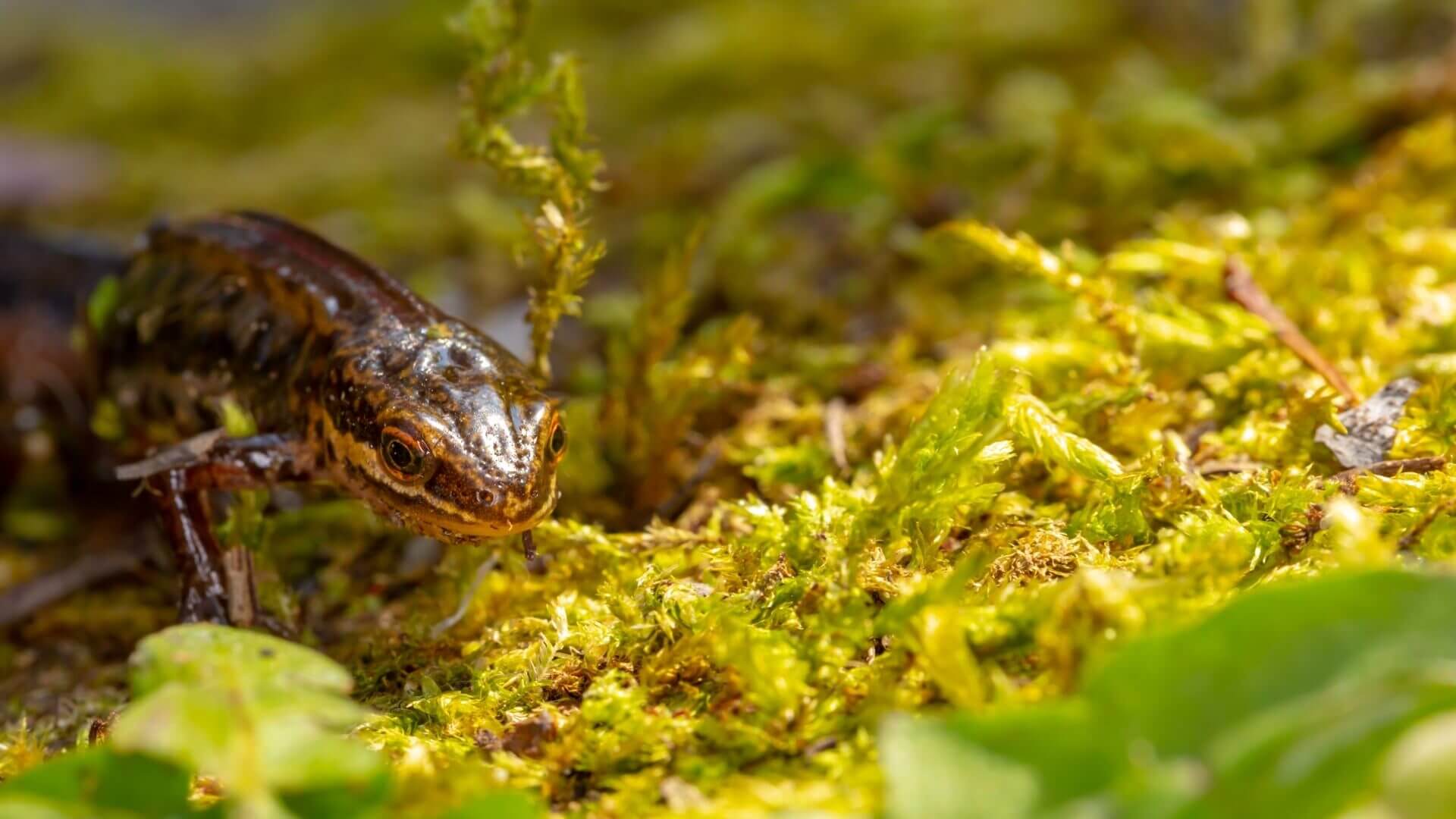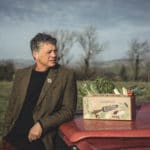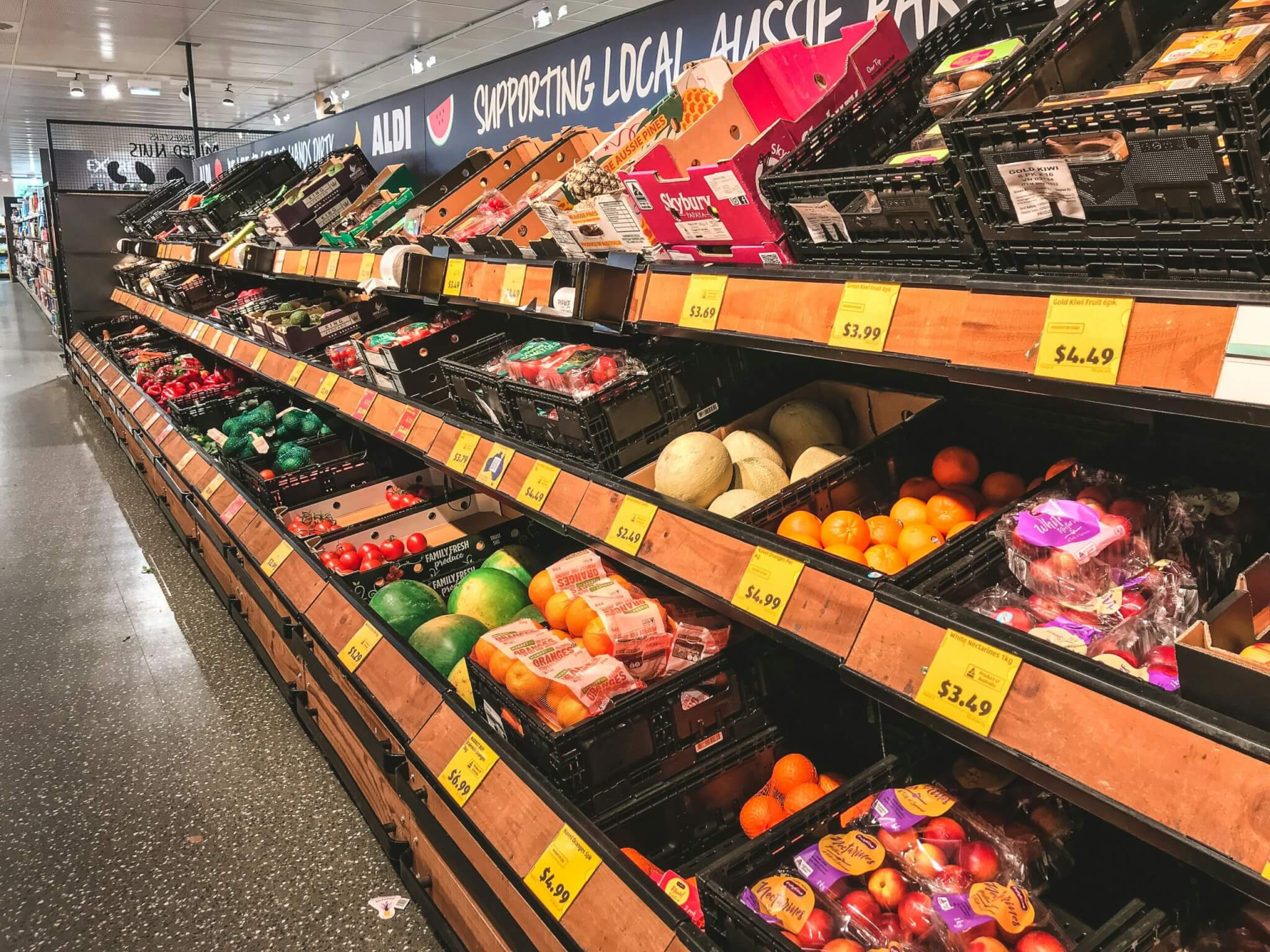Retrieving debris from our irrigation reservoir last week, I caught a glimpse of a toad, retreating, disgruntled by the disturbance of his spring breeding ground. The mud settled to reveal about 20 more, then a newt, then ten more newts swimming down there. My heart sang with a rare hope that perhaps all is not lost.
The reservoir sits in a field which most farmers would view as unproductive, untidy, and poorly managed. The hedges are overgrown; the grass is unkempt and matted; the drains are collapsed and blocked. Over 200 years, previous owners have worked hard to drain, lime, and fertilise this field, but in reality it has produced very little food in return for the environmental costs imposed on it.
As a boy, exploring the farm, I could find newts in every stone water trough. I still look for them sometimes, but until now, hadn’t seen one for 30 years. Perhaps I, along with my father, unthinkingly destroyed them. Or perhaps, like so many farmers, I have been too busy controlling my land to appreciate what has survived my efforts. Watching the first episode of David Attenborough’s Wild Isles on iPlayer, jointly funded by the RSPB, WWF, and BBC, filled me with shame at the arrogance and ignorance of my industry, and the havoc wrought on nature in my lifetime.
Later in the week, after months of arguing over whether an artichoke is a vegetable or not, Defra finally accepted our Countryside Stewardship plan. By 2027, the subsidy system inherited from the EU, whereby farmers received about £100/acre/year for being lucky enough to own land, will be phased out. It is being replaced by ‘public money for public goods’; an excellent concept, but one that is proving hard to define and deliver.
Under our five-year agreement, we will be paid to create more ponds, plant new hedges, develop our agroforestry, rewild some field margins, manage grazing to support species-rich permanent pasture, and plant grass strips across our veg fields to reduce soil loss. The process has been frustrating, but it is a very positive step in the right direction. I am confident that we can grow even more food, capture carbon, and enhance biodiversity – although, in the short term at least, it will cost us more.
I commend all those who have fought for these changes, and resisted the attempts to block them by a recalcitrant NFU, hellbent on maintaining an insane farming system whatever the environmental cost. Long live the newts.













Great news! Soo very grateful to you and all the wonderful people who are succeeding in helping to educate the powers that be and the rest of us !! Hopefully you are inspiring up and coming youngsters to take up the cause and continue fighting for safer, environmentally sustainable food.
You are some of the most important people on our planet and I hope that your way of thinking spreads far and wide across the whole world !
Thanks for all you do Guy in raising awareness of the issues facing sustainable food production.
Unfortunately the majority of the British public neither know nor care about where their food comes from or the environmental impact of producing it. But Your work together with others like Chris Packham from a wildlife perspective and programmes like Wild Isles will hopefully change that and create a growing groundswell of angry public that will force changes in farming practices and government policy!
I can highly recommend reading English Pastoral by James Rebanks. The book tracks this hill farmers journey from realising how damaging common modern farming practices were and what he did to change this for the better.
Absolutely, we hope that this growing public awareness will lead to change. We love that book, thank you for the recommendation David I’m sure many of our readers would too.